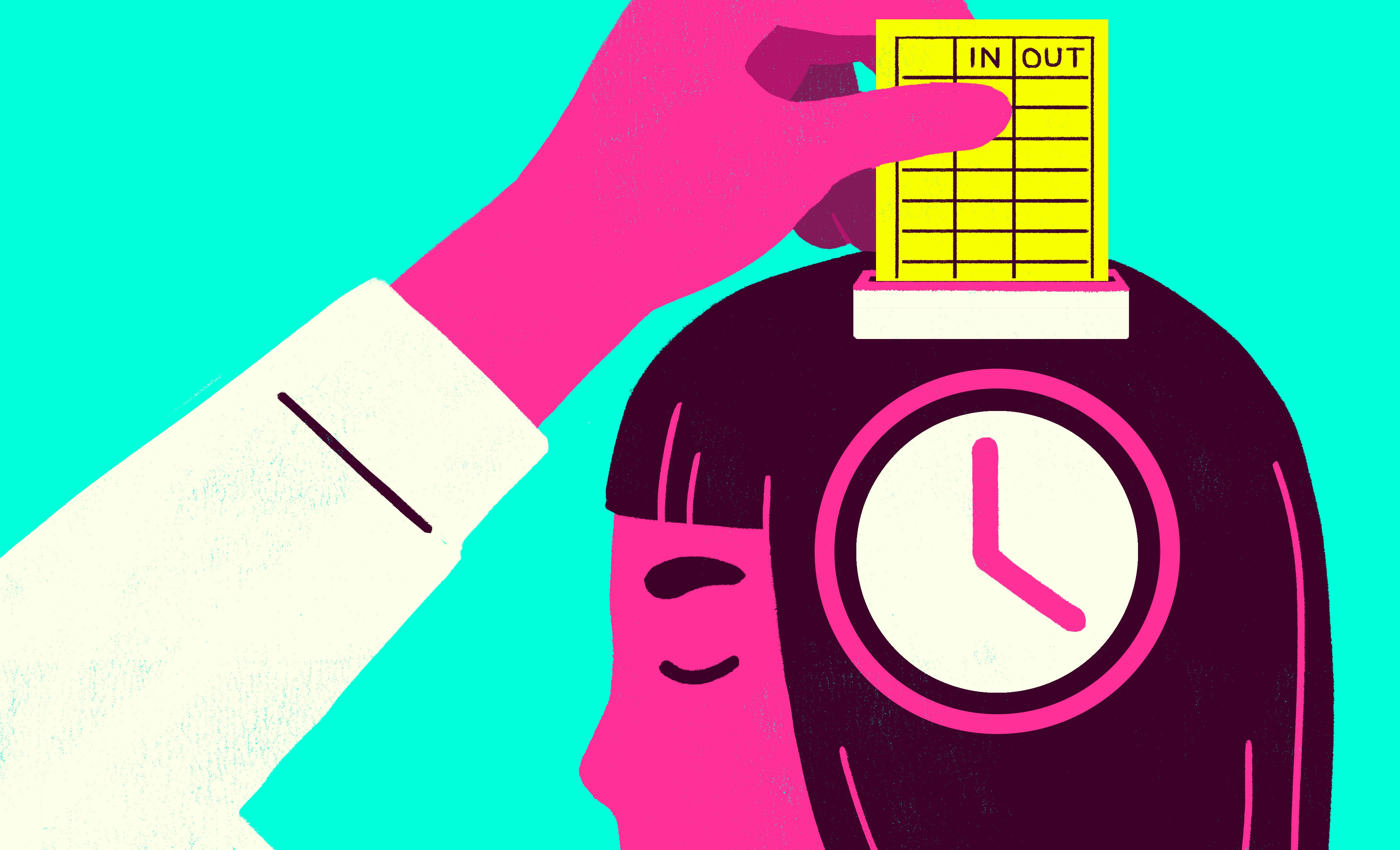[Links].
53. Nicoloff G, Schwenk TS. Utilizing workout to fend off anxiety. Phys Sportsmed 1995; 23 (9):44 -58. [Hyperlinks] 54. Allen M. The psychobiology of athletic training. In: Begel D, Burton RW, editors. Sport psychiatry: theory and practice. New York City: W. W. Norton & Company; 2000. p. 22-44. [Links] 55. Although studies have focused on anxiety, panic attack, and obsessive-compulsive disorder (OCD), there's likewise some evidence to suggest a favorable impact of exercise on social fear. Both single sessions and long-term programs of aerobic exercise have been shown to provide a favorable benefit for mental health. Although just 5 to 10 minutes of aerobic workout can assist to enhance your state of mind and decrease your stress and anxiety, routine programs, lasting from 10 to 15 weeks, seem to improve one's general mental state.
Your case history, current medications, and detected conditions can all contribute in your ability to workout. If you think you have a mental disorder or you're being treated by a psychological health specialist, inquire about how you can integrate exercise into your treatment. A competent psychological health expert can make recommendations about the best techniques for treating your particular condition.
Do you desire to take a class? Could it be valuable to employ a fitness instructor at the gym? Do you choose to opt for a walk by yourself time while listening to your favorite music? The crucial to sticking to a program is to find something that you take pleasure in doing.

This motivation to exercise can be extremely helpful in helping you get going on your brand-new exercise plan. A 2017 study released in Maturitas discovered that in between 2 and 6 hours of exercise each week is best for optimum psychological health. Here are a few tips to begin and keep your workout strategy:.
About What Are The Factors That Affects Mental Health
Keep in mind that exercise can be fun and can assist improve your mood and stress and anxiety, but it needs to not be triggering physical problems. Take it slow in the start and gradually increase your workouts over time. From stressed-out executives to frazzled stay-at-home moms, everybody is hectic. Putting time aside to exercise methods that you have made your health and wellness a top concern.
For the finest results, remain patient and consistent with your workout program. It is not uncommon for your initial interest to fade in time. It Mental Health Facility can help to change your routine a little or find new workout options entirely - how mental health affects the brain. For instance, if you're getting bored with the treadmill at the regional gym, attempt strolling locally or signing up with a hiking group.
Experiment with various techniques to discover what works best for you. If you struggle to stick with workout first thing in the early morning, try working out in the afternoon. Or, if you find that you fear striking the fitness center, attempt exercising outdoors. Keep experimenting up until you find something that you are most likely to stick to.
We use cookies to individualize material, offer social media functions, help with our advertising and marketing efforts, and to analyze our traffic. We also share details about your use of our site with our social networks, advertising, and analytic partners. Accept CookiesPrivacy Statement.
By Timothy Neal, MS, AT, ATC, CCISM, NATA Liaison to Mental Health America, Assistant Teacher & Program Director of Athletic Training, Concordia University Ann Arbor Life has lots of threats. Choices are made all day long, a few of which place or remove one from threat. It appears as if one moves from one risk to another during their lives.
The smart Trick of How Mental Health Affects Presidents That Nobody is Talking About
One location of "danger" includes exercise. One threat related to workout is getting insufficient of it. Unless restricted by a physician for a medical factor, or a special needs has left one unable to exercise to some degree, individuals of all walks of life and age can take part in exercise.
While there is some danger to exercising (injuries, dehydration), it is approximated that to establish their cardiovascular or muscular strength needs. This inactivity can cause weight gain, heart disease, and other associated medical conditions that are destructive to health and wellness. One cause of an inactive, or sedentary lifestyle might be mental disorder, specifically anxiety, signs of that include an absence of inspiration, or losing interest in activities that were one pleasurable, such as exercise. Another threat connected with exercise that receives little notification, and in some circles, is admired as a virtue, is workout dependency.
These effects vary from merely managing anxiety to decreasing the effects of anger, anxiety, and monotony. The double result of improving one's aerobic and/or muscle strength and look, along with mood improvement through exercise serves to more boost one's self-esteem as an outcome of sticking to a disciplined and rigorous exercise regimen.

This validation and attention only reinforces the efforts of the exercise-addicted. Individuals who are addicted to work out may likewise have Addiction Treatment Center a 2nd or a third dependency such as nicotine, alcohol, drugs, work, food, or sex. It is approximated that as many as 25% of addicted people have a 2nd addiction, further complicating their condition and the care required for effective treatment.
How can a person inform if they are addicted to work out? Common indications consist of: Escalating to an unreasonable level of continual exercise; Working out through chronic and often debilitating injuries or health problems; Needing more and more workout, or escalating levels of intensity to achieve mood-altering impacts; Not taking days off to recover; and Continuing a vigorous exercise schedule in spite of negative consequences to relationships and work/school duties.
Unknown Facts About How Methylation Affects Mental Health
Or a lacrosse player may raise weights both in the early morning and afternoon to keep improving their look, as opposed to their strength levels. Another method to see if you might possibly be experiencing workout addiction would be to utilize the Exercise Addiction Stock Brief Type. It is a six-question tool to figure out if an individual is at threat for exercise dependency.
This indicates getting assistance at the early stages of an issue, in order to avoid it from getting worse to phases that put a person at risk for significant mental disorder. Keep in mind, treatment is out there and if you believe you have actually been taking a risky habits too far, you can seek care to live a full and enjoyable life.
There are various factors to work out, like remaining healthy or slimming down. But did you know that exercise likewise helps your psychological http://jeffreyvjoa914.fotosdefrases.com/some-known-facts-about-how-stigma-interferes-with-mental-health-care and psychological health? Workout is a very powerful "drug" because it does naturally what many scientists in the pharmaceutical world have been developing for years. Below are a few of the many advantages of the physiological return on workout.
Heading to the health club or exercising on your house fitness center devices can have a robust release on particular stress chemicals that help the brain moderate tension. Also, when putting the body under physical stress routinely, this teaches the body how to recuperate and adapt to tension both physically and psychologically.